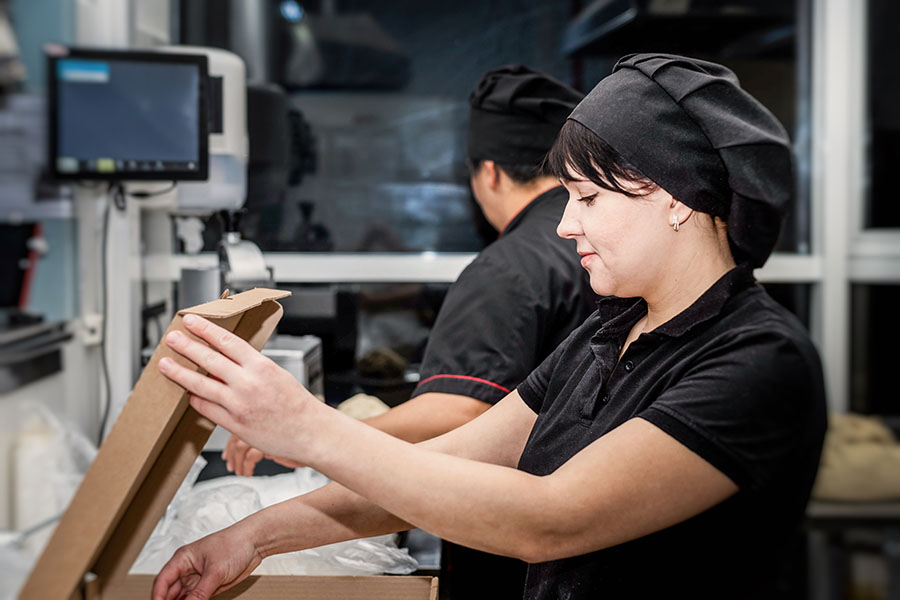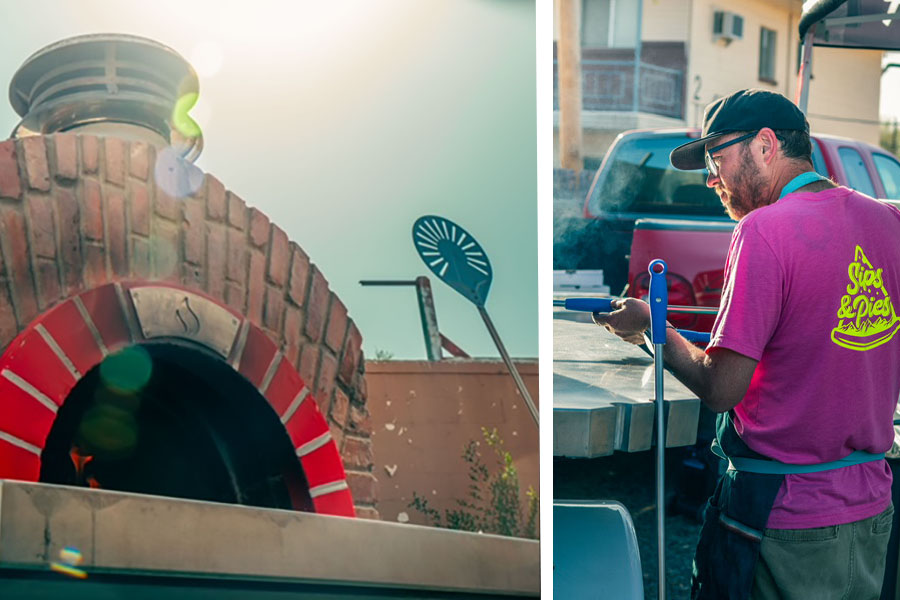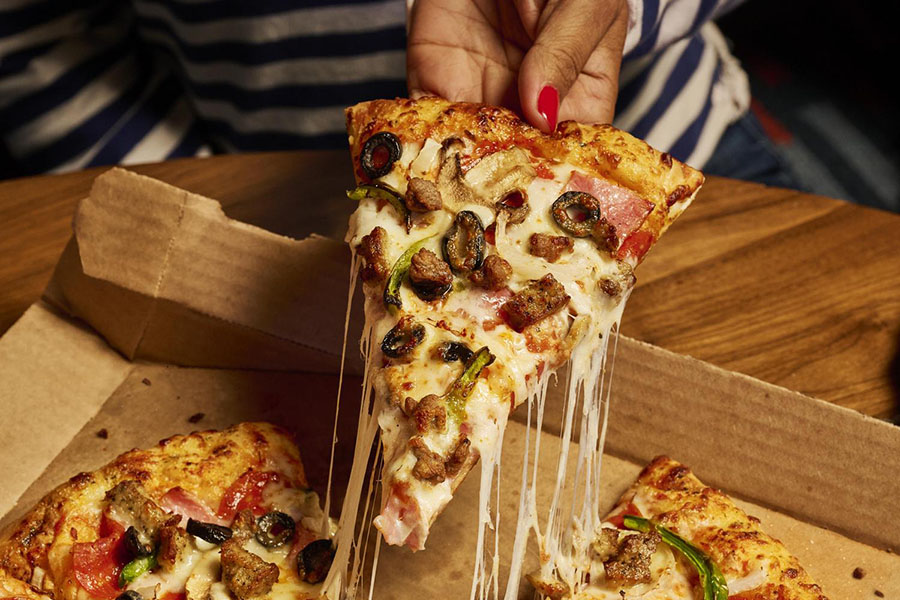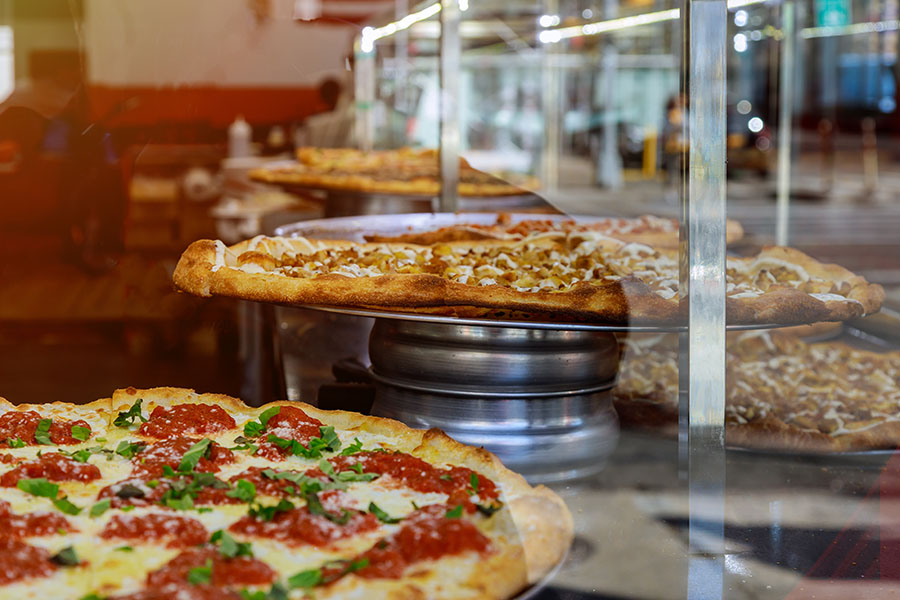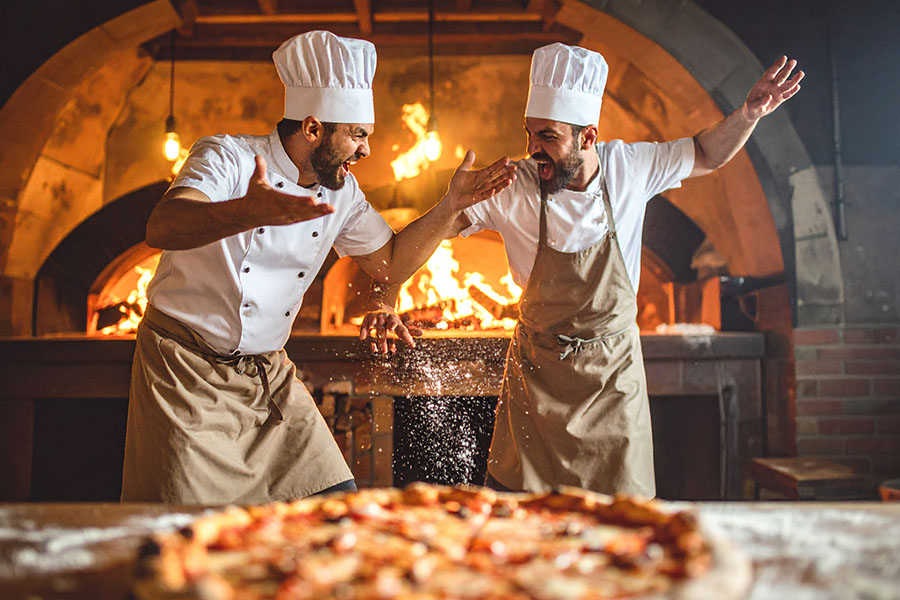 Educating servers can keep customers satisfied and increase check averages
Educating servers can keep customers satisfied and increase check averages
Restaurant customers ask many questions, ranging from “What’s the special?” to “Is there gluten in the salad dressing?” Servers need to be educated so they can answer even the most difficult queries about the menu, daily specials and wine pairings. They also need to know enough to be able to suggest items to guests.
At Trattoria di Carlo & Pizzeria in Oak Creek, Wisconsin, new servers spend their first four days on menu training. “We strictly go over the menu and nothing else,” says Amy Plennes, business manager. “Then they expedite for a few days so they can see what the dishes look like when they come out of the kitchen. Then they are quizzed.”
The learning does not end there. The restaurant changes the weekly special every Friday. Each server receives a printed description of the dish, so they can answer questions about how it’s prepared and its ingredients.
Educating servers about the restaurant’s 100-plus wines is more complicated, and that happens over time. The bar managers help by offering suggestions for wine pairings. That way the server can point to several choices on the menu, and the customer can compare the prices and other details. “You never want to assume someone wants to spend $100 on wine,” Plennes says. “So you give people options, ‘Do you want something like this or something like this?’”
Servers should have a comprehensive knowledge of the food and drink menus, says Janet A. Hoffmann, president of the New York City-based consulting firm HR Aligned Design. “People ask broad questions. They ask, ‘What do you recommend?’” she says. Pre-shift meetings are always a good idea, to offer staff tastings of new items or specials. If the scheduling is such that not all servers show up at the same time, managers can relay information about specials and other news through the scheduling software or other messaging, such as an app.
As for wine recommendations, it helps if the server has a go-to list. “The server can focus on a few types of wines that pair with different types of food,” Hoffmann says. “So the server feels confident, and they can recommend a wine if somebody asks what should go with this fish dish, or this meat dish, then expand their knowledge from there.”
Server education is a serious topic at Salvatore’s Restaurants near Boston. “Our attention to detail and our education programs are paramount,” says Peter Ackerman, senior vice president of the five-location Salvatore’s. “Not only is our frontline employee in charge of selling our products, they are the face of our company.” Salvatore’s teams up with its wine suppliers to offer staff in-house training that includes oral exams and drills. The wine list changes often, so the training occurs year ’round.
The food changes too. “As far as the daily specials we always have a pre-meal meeting where the staff samples what the specials of the day are, learn the history of the dish, why it is a special that day and we ensure they can recite it back with ease and grace,“ Ackerman says.
Chances are the staff knows the special pretty well by the time it becomes a regular menu item. Servers offer their own feedback during the tastings, and they also relay feedback from guests when the dish is presented as a special. When the kitchen rolls out the final product, staff can sample the new dish during what Ackerman calls a “food parade.”
Customers ask questions about the food even if the food is right in front of them. At the two-location Dimo’s Pizza in Chicago, the pizzas are displayed at the counter. Owner and founder Dimitri Syrkin-Nikolau says employees must learn the ingredients and how the pies are built, and they also need to know how to engage with customers, which Dimo’s calls “crustomers.”
“Knowledge of the product is only half the battle,” Syrkin-Nikolau says. “You need to be able to talk to them, get them excited about what’s being offered.”
Staffers also need to know which beers go with which pies. One Dimo’s location offers local craft beers. “Pizza and beer go together like peanut butter and jelly,” Syrkin-Nikolau says. “You really want to know the flavor profiles of the pizza.” Staffers can eat two slices of pizza per shift. That way they are not hungry while working, and they know the flavor profiles and can offer suggestions.
Employees should indeed be allowed to test the foods, says Danny Bendas, managing partner of Irvine, California-based Synergy Restaurant Consultants. Servers should know about premium or specialty ingredients and how to make the menu item sound enticing. “Where a lot of restaurants slip and fall is not having them try it,” he says. “The guest asks, ‘What do you like?’ and if the server says, ‘I don’t know,’ that’s one of the worst things that can happen.”
Knowledge is powerful, and it can also be profitable for the operator and the server. It all comes down to continued communication. “Keep training, keep testing, keep them interested,” Bendas says. “The more they know the better gratuities they get, and guests
appreciate them the more helpful people are.”
TIP: Is it safe to eat?
Educating servers includes teaching them about specific ingredients. Customers might be allergic to an ingredient such as tree nuts or soy, or they might suffer from sensitivities to gluten or lactose, or they might simply want to avoid animal products. So the server should know if there are pine nuts in the pesto, croutons in the salad and chicken broth in the minestrone.
Technology makes that simple, says Danny Bendas, managing partner of Irvine, California-based Synergy Restaurant Consultants. The restaurant’s point-of-sale system can include ingredients in a database. The staffer should be able to click on a menu item and see the ingredients, and even the calories and other details. Or, he says, have the information available on an iPad.
Low tech solutions work too. “It’s important to say, ‘You know what, I am not 100-percent sure so I will go back and ask the chef,’” says Janet A. Hoffmann, president of the New York City-based consulting firm HR Aligned Design. “Sometimes the manager can help.”
Nora Caley is a freelance writer specializing in food and business topics. She lives in Denver, Colorado.
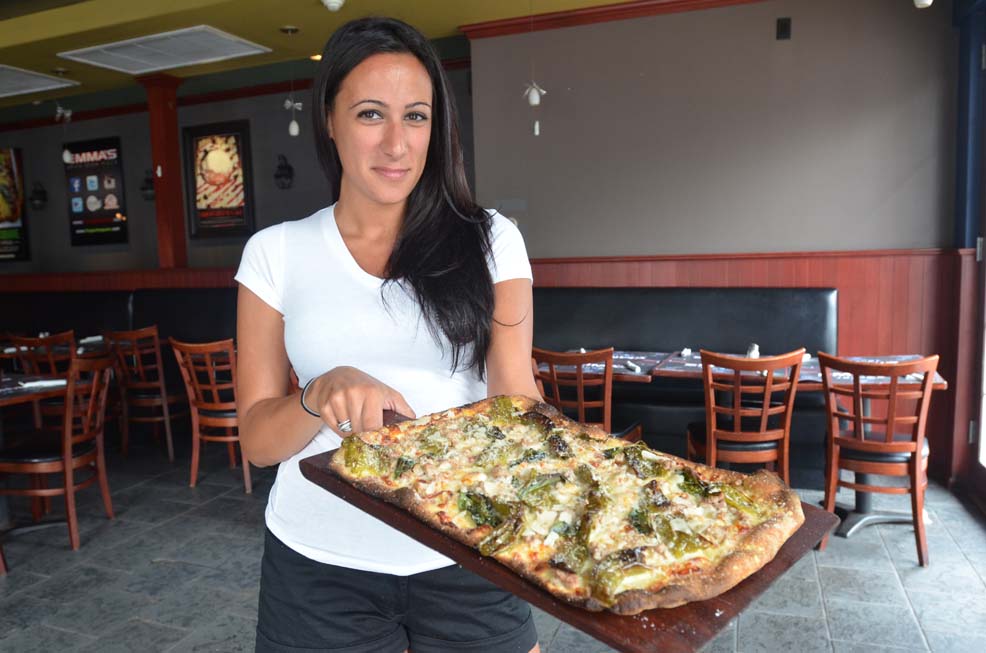
 Educating servers can keep customers satisfied and increase check averages
Educating servers can keep customers satisfied and increase check averages